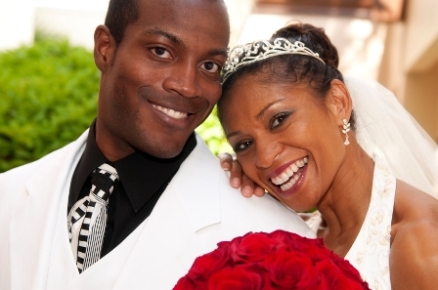Today marked a sad day for the institution of marriage, the rule of law and the Commonwealth of Virginia as Attorney General Mark Herring announced his decision not to defend Virginia’s constitutional amendment protecting marriage as a union between one man and one woman. This amendment was overwhelmingly passed by Virginia voters in 2006, and was endorsed by Herring himself. Herring now says the Commonwealth of Virginia will defy the will of the people and natural law and join the plaintiffs in argument against Virginia’s marriage amendment.
The Attorney General’s decision is the latest in a barrage of attacks on marriage in America and around the world, coming on the heels of rulings in Oklahoma, Utah and New Mexico that invalidated constitutional amendments and opened the door to same-sex “marriage” in those states. The Attorney General’s decision puts his personal opinion above that of the Virginians he represents.
In a statement released today, Bishop Francis X. DiLorenzo of Richmond and Bishop Paul S. Loverde of Arlington expressed their extreme disappointment with the Attorney General’s decision, saying,
“We call on the Attorney General to do the job he was elected to perform, which is to defend the state laws he agrees with, as well as those state laws with which he personally disagrees. We will continue to defend marriage between a man and a woman, an institution whose original design predates all governments and religions. The Government of the Commonwealth of Virginia should preserve and defend this original design because the constituent majority that supported the constitutional amendment understands the unique benefit that marriage between a man and a woman provides to individual families and society at large.”
In their 2006 pastoral statement, “The Institution of Marriage and the Common Good,” Virginia’s Bishops reminded us that, “Though regulated by civil laws and church laws, marriage did not originate from either church or state, but from God. The only authentic understanding of marriage, therefore, is the one that God inscribed in our human nature. No religion, government, or individual has the right or the legitimate authority to alter the basic meaning and structure of marriage that has existed ever since the first man and woman were created.”
Likewise, neither the Attorney General nor the Courts have the right to alter the meaning and structure of marriage. Civil laws surrounding marriage exist not to give meaning or recognition to the union of any two individuals, but because the state has an interest in the union of one man and one woman, whose sexual complementarity is ordered toward the procreation of children.
The Attorney General said he views Virginia’s law as unconstitutional because of a lack of civil protections afforded same sex couples, such as hospital visitation rights, tax benefits, and other protections afforded to married couples. But such concerns can be addressed without redefining marriage. Marriage is not merely a benefits package for any two people who wish to establish a household together. While people are free to enter into voluntary relationships, this freedom does not necessitate redefining a longstanding institution that transcends cultures, histories, and religions. Recognizing as marriage the relationship between two people of the same sex treats mothers and fathers as interchangeable or irrelevant. When marriage is redefined to include any two individuals who love each other, marriage ceases to be an institution where children are raised by a mother and a father, but rather becomes an institution where adults seek recognition of a significant relationship.
The Virginia Catholic Conference, on behalf of Virginia’s Bishops, will continue to advocate for marriage, both at the legislative and judicial level. Regardless of the outcome, with God’s help, the Truth about marriage will prevail in the fight to build a culture of life and marriage.
